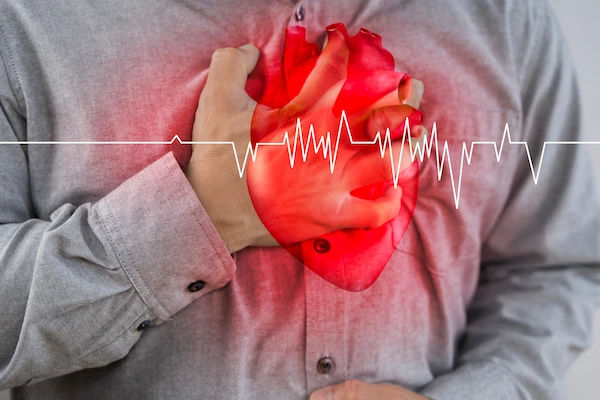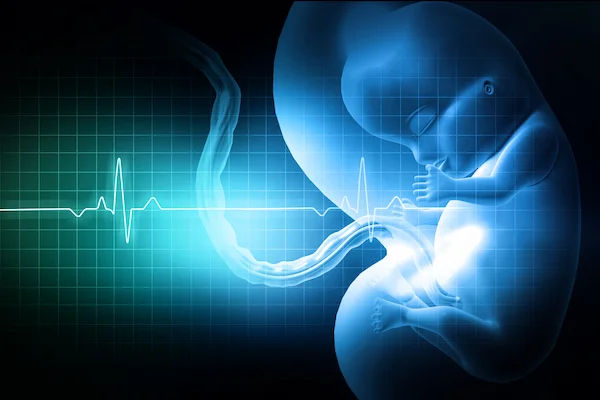- Male
- 31 Years
- 20/02/2025
I'm taking Metocard XL 25, but recently switched to Metocard XL 12.5, and I've noticed a rash on my chest and hand. It's painful. A while back, when I was on Inderal LA, I had a similar rash. My cardiologist thinks it might be a side effect from the medication and suggested I get some tests done. Could I be allergic to both of these beta blockers?
Answered by 1 Apollo Doctors
It is possible to have an allergic reaction or side effects from beta blockers, including Metocard XL (metoprolol) and Inderal LA (propranolol), which can manifest as rashes and pain in the affected areas. Since you experienced similar symptoms with both medications, its important to follow your cardiologist's advice and undergo the recommended tests to confirm the cause of the rash. In the meantime, discuss alternative medications or treatment options with your cardiologist to manage your condition without causing allergic reactions.
Dr. Mubarak Suggests...
Consult a Cardiologist
Answered 04/07/2025
0
0


Ask Apollo
AI powered Health Chatbot
-
Potential Allergy: The rash you experienced with both Metocard XL (metoprolol) and Inderal LA (propranolol) suggests a possible allergic reaction to beta blockers.
-
Symptoms: Allergic reactions can include skin rashes and itching. Your similar reactions to two beta blockers indicate a potential sensitivity.
-
Immediate Action: Stop taking the medication and contact your healthcare provider immediately to discuss your symptoms.
-
Next Steps: Your doctor may suggest allergy testing or prescribe a different class of medication to manage your condition safely.
Note: Do not change or stop your medication without consulting your doctor.
Recommended next steps
Take a Gluten Allergy Test Test
Answered 10/09/2025
0
0
More Cardiology Health Queries
View allI've been having trouble taking deep breaths for about a month now. It feels like there's pressure on my heart, and I can't get rid of this dry mouth, even though I'm drinking lots of water. My X-ray and thyroid tests came back normal. What could be going on? Is there something I should be worried about?
gastritis - take pantop 4 mg for 3 days
Answered by 1 Apollo Doctors
I'm really worried because my dad just got diagnosed with an ejection fraction of 25 and he's on a ventilator right now. What can we do to improve his ejection fraction?
dash diet and salt restricted diet is advised. cardiologist opinion is advised.
Answered by 1 Apollo Doctors
What is a heart cough?
Heavy breathing accompanied by spells of wet cough with frothy sputum that may be tinged with blood is called as "Cardiac cough or Heart cough". It is a sign of congestive heart failure. Additional symptoms such as shortness of breath on exertion or rest, leg swelling, waking up from sleep in the middle of night gasping and coughing differentiate heart cough from cough due to lung conditions.
Answered by 1 Apollo Doctors
Disclaimer: Answers on Apollo 247 are not intended to replace your doctor advice. Always seek help of a professional doctor in case of an medical emergency or ailment.




